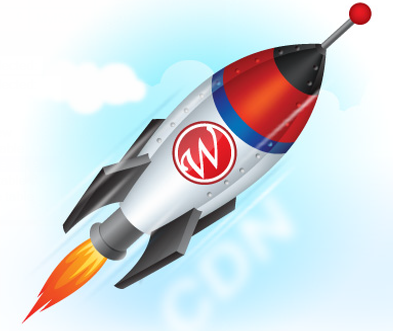
When a person lands on your website for the first time, you only have a few seconds to capture their attention. If your page loads slowly, you may lose visitors before you even have the chance to engage them. Studies confirm that slow load times can lead to higher bounce rates, especially if visitors are coming from another site. Here are the top five tips to tune your WordPress site for speed and ensure optimal website performance.
1. Upgrade Your Web Hosting
If your website consistently takes a long time to load, it might be time to upgrade your web hosting package or switch providers. Even if you’ve just started your website, planning for increased traffic is a smart move.
Why is web hosting crucial for website performance?
- Speed: Premium hosting solutions often come with better server resources, which directly impacts your site’s load times.
- Reliability: Managed hosting providers offer robust technical support, ensuring your site remains up and running smoothly.
- Scalability: Good hosting solutions accommodate growth, making it easy to handle increased traffic without compromising speed.
Spend time researching premium hosting solutions that cater to WordPress websites and choose one that enhances your site’s performance.
2. Optimize Your Images
Images are essential for creating an engaging website, but they can also significantly slow down your load times if not optimized properly.
How to optimize images for better performance:
- Compression: Use image optimization plugins like WP Smush or ShortPixel to compress images without losing quality.
- Formats: Choose appropriate image formats. For example, JPEG is ideal for photos, while PNG works well for graphics with transparency.
- Lazy Loading: Implement lazy loading to ensure images only load when they appear in the viewport, reducing initial load times.
By optimizing your images, you can improve your site’s speed and provide a better user experience.
3. Optimize Your Database
A well-optimized database is crucial for maintaining high website performance. Over time, your WordPress database accumulates unnecessary data, which can slow down your site.
Steps to optimize your database:
- Plugins: Use plugins like WP-Optimize or Advanced Database Cleaner to regularly clean up your database.
- Revisions: Limit the number of post revisions stored in your database to reduce clutter.
- Tables: Regularly check and repair database tables to ensure they are functioning efficiently.
Regular database optimization helps your web hosting server respond to queries quickly, improving overall site speed.
4. Limit the Number of Plugins
While plugins add functionality to your WordPress site, having too many can slow it down. It’s important to use only essential plugins and eliminate those that are unnecessary.
Best practices for managing plugins:
- Necessity: Only install plugins that are absolutely necessary for your website’s functionality.
- Quality: Choose high-quality, well-maintained plugins that are regularly updated.
- Deactivate and Delete: Remove any plugins you are not using, including deactivated ones, as they can still affect performance.
Keeping your plugins to a minimum ensures your site remains fast and secure.
5. Implement a Caching Plugin
Caching is one of the most effective ways to speed up your WordPress site. Caching plugins generate static versions of your pages, reducing the load on your server and decreasing load times for visitors.
Popular caching plugins:
- W3 Total Cache: Offers comprehensive caching options and integrates well with content delivery networks (CDNs).
- WP Super Cache: Easy to configure and provides excellent caching capabilities.
- WP Rocket: A premium option that offers advanced caching features and is known for its ease of use.
Choose a caching plugin that works best with your hosting provider to ensure optimal performance.
Conclusion
Improving your WordPress site’s speed is essential for providing a better user experience and maintaining high search engine rankings. By upgrading your web hosting, optimizing your images and database, limiting plugins, and implementing a caching plugin, you can significantly enhance your website’s performance. Invest time in these optimizations to ensure your site loads quickly and efficiently, keeping your visitors engaged and satisfied.
